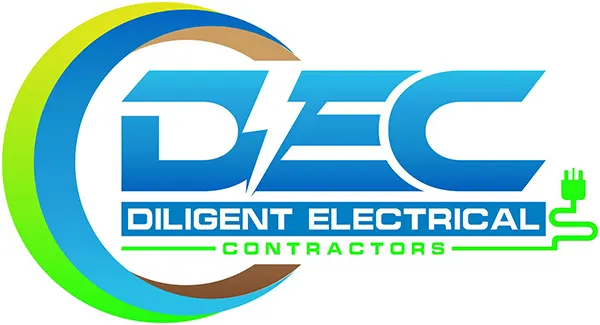Although often used interchangeably, “electrician” and “electrical contractor” refer to distinct roles in the electrical industry. Understanding the difference helps in choosing the right service provider based on your project’s size, risk level, and regulatory requirements.
What Is an Electrician?
An electrician is a certified professional who performs hands-on electrical work. They install, maintain, and repair wiring systems, lighting, and power circuits in residential, commercial, and industrial settings.
Note: Responsibilities of an Electrician
- Works independently or under a contractor
- Holds individual qualifications such as City & Guilds Level 3
- Can be employed, self-employed, or work as a subcontractor
- Specialises in either domestic, commercial, or industrial electrical services
Common Tasks
- Wiring installation
- Fault-finding and repairs
- Consumer unit upgrades
- Lighting and socket installations
- PAT Testing and EICRs
What Is an Electrical Contractor?
An electrical contractor is either a person or a business entity that manages electrical projects and employs electricians. They are responsible for project planning, resource allocation, compliance, and safety.
Key Responsibilities
- Project estimation and tendering
- Hiring and supervising qualified electricians
- Ensuring compliance with BS 7671 and Part P regulations
- Handling insurance, safety protocols, and certifications
- Offering warranties and service agreements
Electrical Contractors often work on larger projects such as commercial fit-outs, residential developments, or public infrastructure.
Legal and Structural Differences
| Feature | Electrician | Electrical Contractor |
| Role | Technician | Business or Project Manager |
| Certifications | City & Guilds, ECS Card | NICEIC, NAPIT, or ELECSA registration |
| Self-Certification | Not always applicable | Required for notifying Building Control |
| Team Size | Usually works alone or in small team | Employs multiple electricians |
| Insurance | May have basic liability | Must carry public and employer’s liability |
| Project Scope | Repairs and small jobs | Full installations and commercial contracts |
When to Hire an Electrician vs Contractor
Hire an Electrician if:
- You need a socket moved, light installed, or minor rewiring
- You want an EICR or PAT test
- You are a homeowner or tenant with small-scale electrical needs
Hire an Electrical Contractor if:
- You’re renovating or building from scratch
- You need electrical design and installation across multiple units
- You need full compliance management for insurance or regulatory inspections
- You’re a business requiring long-term electrical maintenance contracts
Conclusion
An electrician delivers hands-on electrical services. An electrical contractor plans, manages, and certifies electrical work. While both are essential, understanding their differences ensures you hire the right professional based on the scale and legal requirements of your project.
